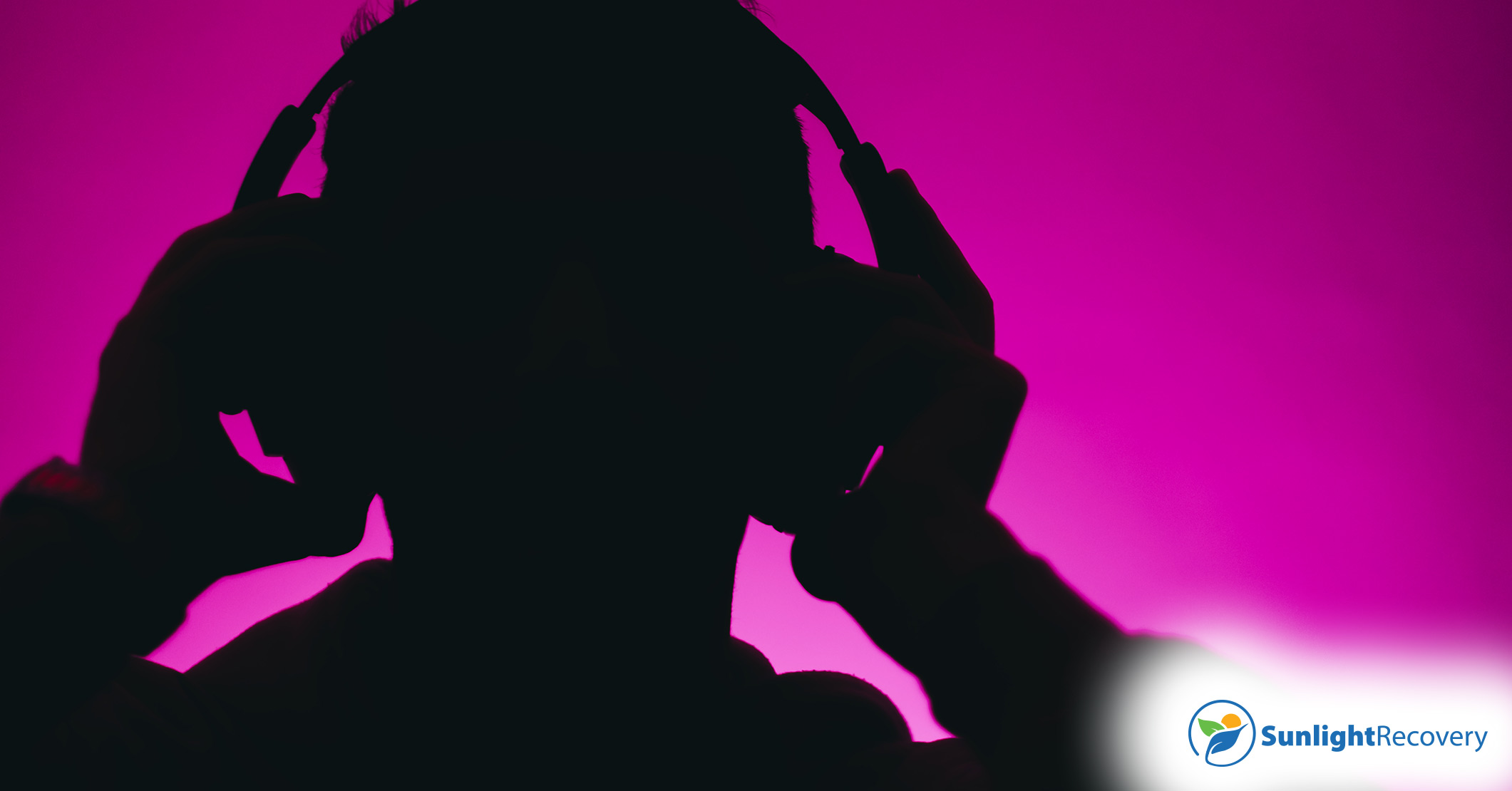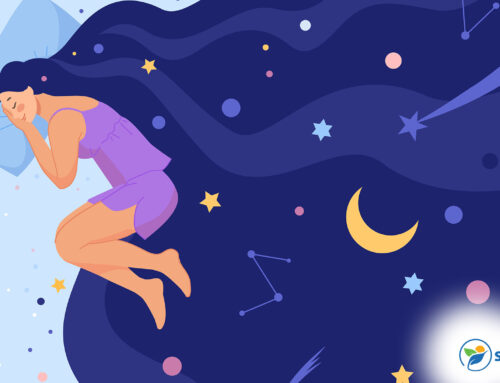It’s no secret that popular music and substance abuse travel together. A creative, artistic personality, combined with virtually unlimited access to drugs and other temptations and the relative youth of many performers, all come together to create a witch’s brew of self-destructive behavior. This has seeped into the mainstream of society, as 2022 saw a record 109,680 deaths from overdose. Unsurprisingly, many creators have used their art to talk about their addictions and of those they’ve seen firsthand affecting their bandmates. Songs about heroin, in particular, became popular with the rise of rock, and the rise of heroin use, after the late 1960s. Some of these songs are obvious, such as Hurt by Nine Inch Nails and Heroin by The Velvet Underground. Other songs are more subtle — to the point you might be surprised by their hidden meaning.
Exploring Hidden Drug Themes in Song Lyrics
Hidden themes are nothing new to popular music. Entire careers have been made by music critics finding hidden meaning in Beatles songs, for example. In the early days of pop music, explicit references to sex, drugs and violence were unthinkable, so musicians who had something to say about these topics often resorted to coded language.
There’s a wealth of songs that are explicitly about drugs. Sublime’s Smoke Two Joints, for example, could hardly be more clear. Another obvious song would be Cocaine by Eric Clapton. For these songs, it’s hard to miss the drug theme. More careful artists, however, have couched their messages in more publicly acceptable terms.
Popular Songs About Heroin
Artists code their language about heroin for all sorts of reasons. These popular songs fall into a middle category, where the heroin themes aren’t exactly a secret but could take you by surprise.
Angel (Sarah McLachlan)
Angel came out on Sarah McLachlan’s 1997 album Surfacing, and it reached No. 4 on the Billboard chart in 1998. This song is often mistakenly called “In the Arms of an Angel” after its most memorable hook. The song is sparse, using a basic drum track and no bass, and many people think the song is about life and death or about the pressure of succeeding in the music industry. In a sense, they’re right, but the impulse to write the song came after the 1996 death of Smashing Pumpkins’ touring keyboardist and accomplished musician, Jonathan Melvoin from a heroin overdose.
Come as You Are (Nirvana)
Come as You Are is the iconic Nirvana anthem of despair. It’s so closely associated with the troubled life of Kurt Cobain that the city of Aberdeen, WA, where Kurt lived as a homeless teen, has adopted the song’s title as its motto. Cobain’s struggles with heroin addiction were the stuff of legend in the early ’90s Grunge scene, so it’s no surprise Nirvana had a few songs about drug addiction. This one, however, is often interpreted as being a message to a listener about simply being themselves or about self-acceptance. Actually, the lyrics are sung directly toward the drug, as if heroin was the character Kurt had in mind when he wrote it in 1992.
Captain Jack (Billy Joel)
Captain Jack references “junkies” in its second verse, but it’s in the context of people roaming around a “one-horse town,” so the heroin themes are easily overlooked. According to Joel, he got the idea for the song while looking out the window of his apartment in New York at some young heroin addicts coming and going across the street. Joel knew a drug dealer called “Captain Jack” lived there and that many of the young addicts were returning veterans with substance abuse problems. According to Joel:
“What’s so horrible about an affluent young white teenager’s life that he’s got to shoot heroin? It’s really a song about what I consider to be a pathetic loser kind of lifestyle. I’ve been accused of, ‘Oh, this song promotes drug use and masturbation.’ No, no, no. Listen to the song. This guy is a loser.”
Tonight’s the Night (Neil Young)
Tonight’s the Night by Neil Young, not to be confused with the similarly named song by Rod Stewart, has very little in the lyrics to tell you exactly what it’s about. We do learn that the character in the song has “died on the mainline,” a lyric Young manages to rhyme with “Econoline,” but very little else. In fact, this is a song about a former roadie for the band named Bruce Berry. Bruce used to “sleep until afternoon,” as Young sang, until he suddenly died of an overdose, an event that left Neil Young and his band in shock. This song was several years after Neil Young’s better known Harvest song ‘The Needle and the Damage Done’, which was reflecting on Bruce Berry as well as his former Crazy Horse bandmate Danny Whitten.
Under the Bridge (Red Hot Chili Peppers)
Under the Bridge is an unusual entry in the list of songs about heroin, as it was written from a position of sobriety. RHCP lead singer Anthony Kiedis was 3 years sober in 1991, when he looked back on his years of heavy cocaine and heroin abuse. The lyrics started as a poem Kiedis had secretly written and didn’t intend to show the band until producer Rick Rubin found it and urged him to set it to music. Kiedis has stated that he wrote what would become the song’s breakout single from the perspective of loneliness and boredom that inevitably comes with early stages of sobriety.
The Impact of Drug References in Music
Songs about drugs are all around, and even casual music fans could reel off a dozen of them. It remains unknown whether the tendency to work hidden drug themes in songs encourages drug use among fans or whether songs like Under the Bridge can actually discourage young fans from picking up a habit. As with so many controversies about popular music, the cause-and-effect relationship may remain forever hard to untangle.
Fostering Awareness About Substance Abuse in Music
One thing is certain, however. The wealth of moving musical depictions of heroin abuse has not painted a glamorous picture of the drug and has, instead, opened the door to a needed conversation about substance abuse disorders, particularly among alienated youth like the veterans who inspired Captain Jack. If you or a loved one is struggling with heroin, or any drug use, you’re not alone. Contact Sunlight Recovery today to speak with a compassionate counselor who knows what you’re going through. Your call is confidential and may be your first step on the road to recovery.






